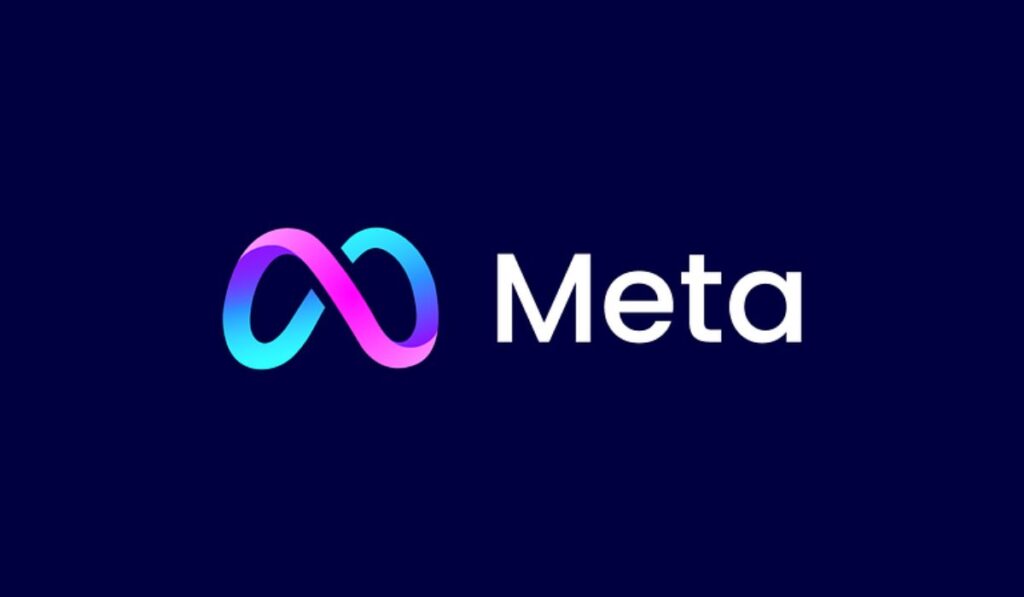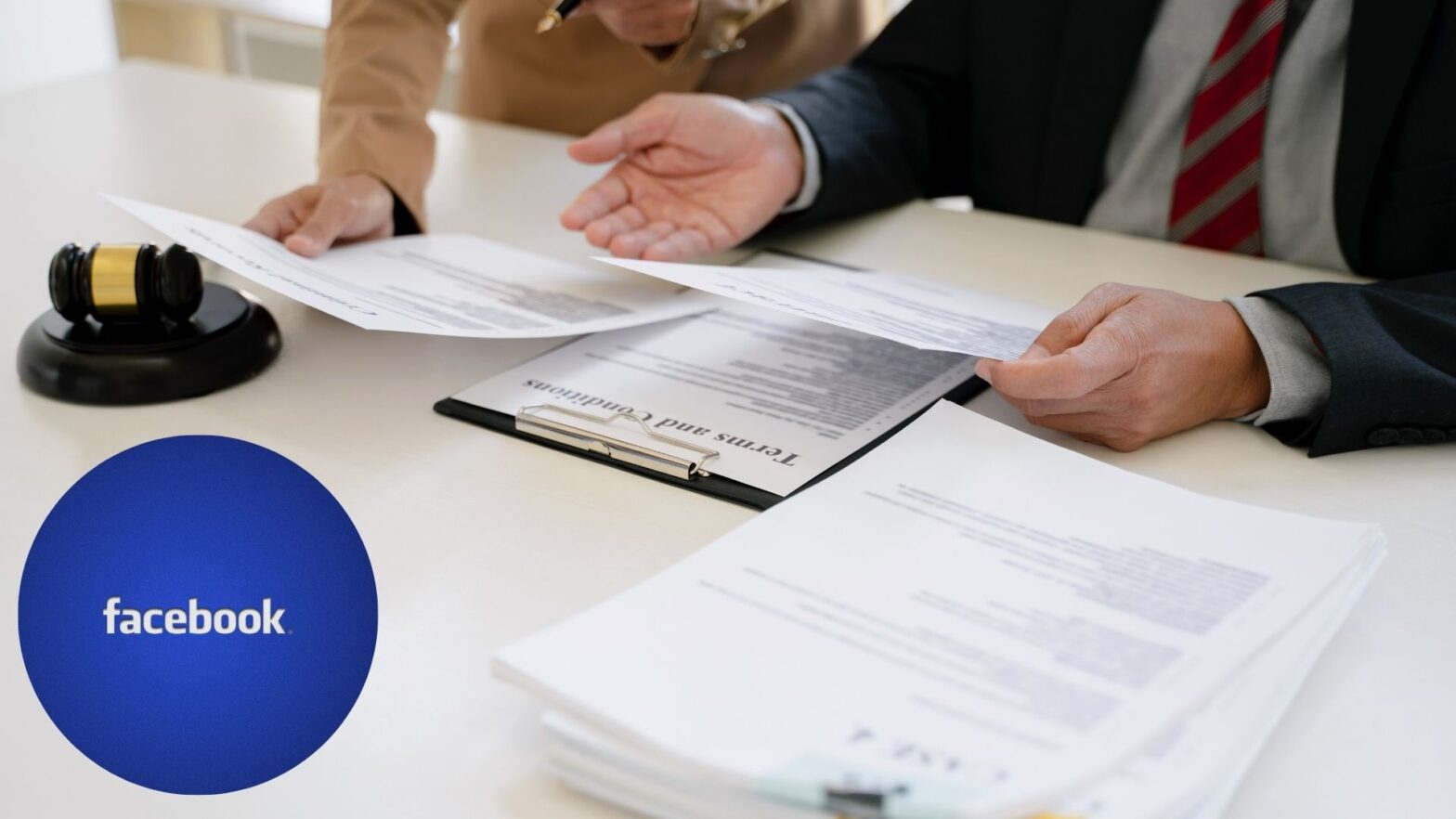On November 22, 2024, the U.S. Supreme Court dismissed a pivotal appeal by Meta Platforms, Inc. (formerly Facebook), concerning a securities fraud lawsuit filed by shareholders. The case, which stems from the infamous Cambridge Analytica data breach, accused the tech giant of misleading investors about the risks associated with the misuse of user data. The high court’s decision not to take up the appeal upholds a lower court’s ruling, allowing the case to proceed, but leaves the central legal issues unresolved.

Background of the Case
The legal battle traces back to 2018 when Amalgamated Bank, acting on behalf of Facebook investors, initiated a class action lawsuit. It claimed Facebook failed to disclose risks related to the misuse of user data by Cambridge Analytica, a political consulting firm that improperly harvested data from over 30 million Facebook users. These revelations, which surfaced in 2018, were tied to the political campaigns surrounding Donald Trump’s 2016 presidential run, resulting in a sharp decline in Facebook’s stock price. Investors filed the lawsuit under the Securities Exchange Act of 1934, alleging that the company misled the market by not revealing the true extent of the data breach and portraying risks as hypothetical instead of real threats that had already materialized.
Initially, in 2021, the case was dismissed by U.S. District Judge Edward Davila, who ruled that Facebook’s statements were not misleading at the time they were made. However, in 2023, the 9th U.S. Circuit Court of Appeals revived the case, determining that Facebook’s portrayal of risks was misleading. The Supreme Court’s dismissal now clears a significant legal hurdle for the plaintiffs and signals the potential continuation of the case in the lower courts.

What Led to the Supreme Court’s Decision?
Facebook’s defense in the case revolved around several key arguments. One of the main points raised was that the company was not legally obligated to disclose that risks had already occurred, as they were legally considered “forward-looking statements.” According to Facebook, these types of statements are typically treated as hypothetical risks, not actual events that had already taken place. Facebook also argued that the plaintiffs could not prove a direct link between the failure to disclose and the financial harm they claimed, as other market factors could have contributed to the decline in stock value.
Despite these arguments, the Supreme Court chose not to rule on the case’s central legal questions. The court’s decision not to take up Facebook’s appeal leaves the lower court’s ruling intact, allowing the lawsuit to continue in district courts. The dismissal was made with no further explanation, but it represents a significant loss for Facebook, especially given the financial and reputational stakes involved.
Implications for Future Lawsuits and Corporate Transparency
This ruling has broader implications for investor relations and corporate transparency, particularly in the context of the tech industry. Legal experts suggest that this case could set a precedent for how corporations disclose risks related to past incidents, such as data breaches, and their potential future impacts. According to Reuters, legal scholars argue that the ruling underscores the importance of transparency in corporate disclosures and could lead to stricter regulations governing how companies report data privacy issues and other significant risks.
In the long term, the case could also shape how large corporations in tech, healthcare, and other sectors handle similar lawsuits. As the scrutiny of corporate transparency increases, companies may be forced to adopt more rigorous practices for identifying and reporting risks that could potentially harm their investors or the public.
Moreover, the involvement of the Biden administration in the case signals a growing government concern regarding the accountability of big tech companies. The administration has expressed support for shareholders in holding corporations accountable for data privacy breaches, suggesting that future regulations may be shaped by this litigation.
The Role of Government and Society in Shaping Corporate Behavior
The Facebook case comes amidst growing public and government scrutiny of data privacy and corporate accountability. The Cambridge Analytica scandal, which triggered multiple lawsuits and investigations, exposed significant vulnerabilities in how social media platforms handle user data. In addition to the ongoing securities fraud lawsuit, Facebook has faced significant financial penalties. In 2019, the company agreed to a $100 million settlement with the U.S. Securities and Exchange Commission (SEC) and paid $5 billion to the Federal Trade Commission (FTC) for its role in the scandal.
In terms of public impact, the ruling highlights a wider societal demand for increased accountability from large corporations, especially in how they handle user data. Legal experts emphasize that this case could contribute to the growing trend of scrutinizing tech giants for their business practices and their broader role in society.
Looking Ahead: What’s Next for Facebook?
While the Supreme Court’s decision was a significant blow to Facebook, the lawsuit is far from over. Legal experts anticipate that the plaintiffs will now push forward with the discovery process, seeking detailed internal documents and communications from Facebook. This could lead to further revelations that could affect the company’s reputation and its legal standing. However, it is still possible that Facebook could seek to dismiss the case again on different legal grounds.
For now, the case continues to be a critical test for corporate disclosure laws, particularly for tech companies that handle massive amounts of personal data. The ruling may force companies to think twice about how they disclose risks to their investors, especially when those risks have already materialized.
In conclusion, while the Supreme Court’s decision provides a temporary setback for Facebook, it opens up important discussions about corporate accountability, investor protection, and data privacy. As the case moves forward, it could set a significant legal precedent for future lawsuits involving corporate disclosures and data breaches.


















